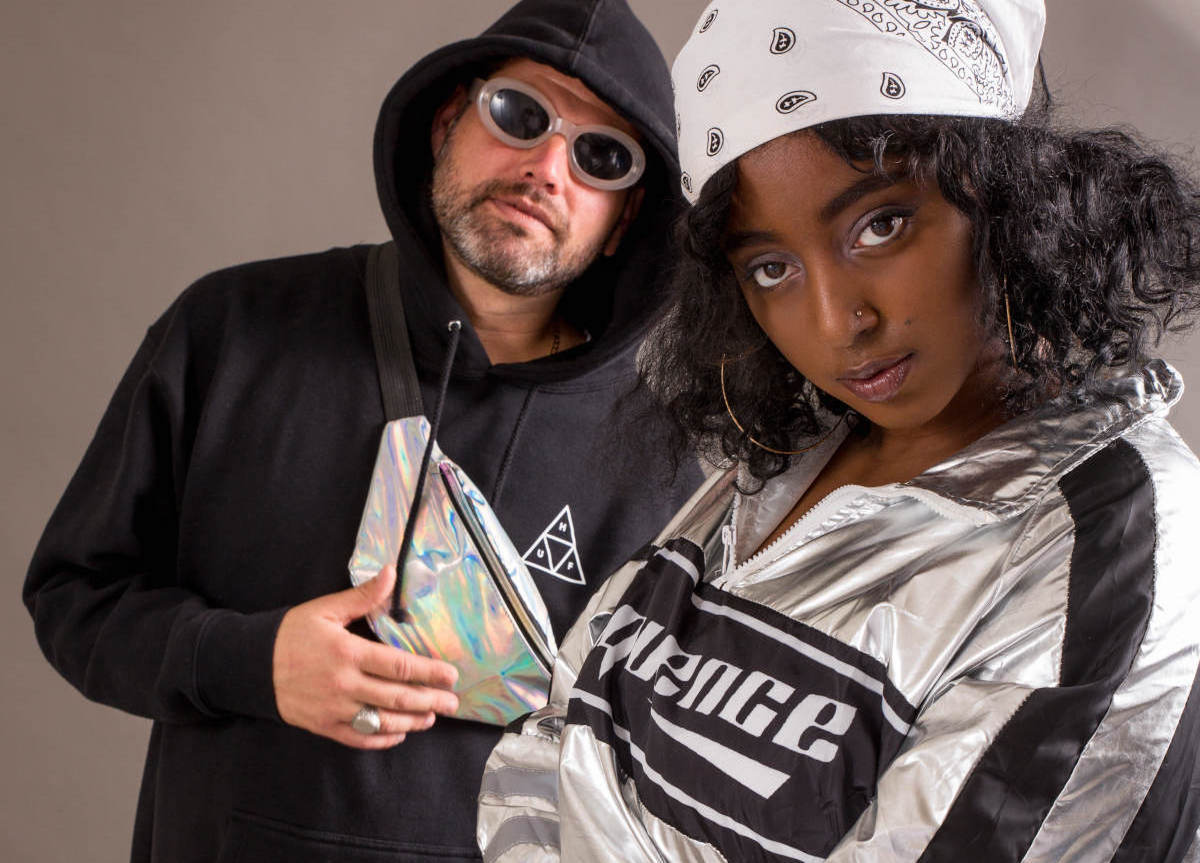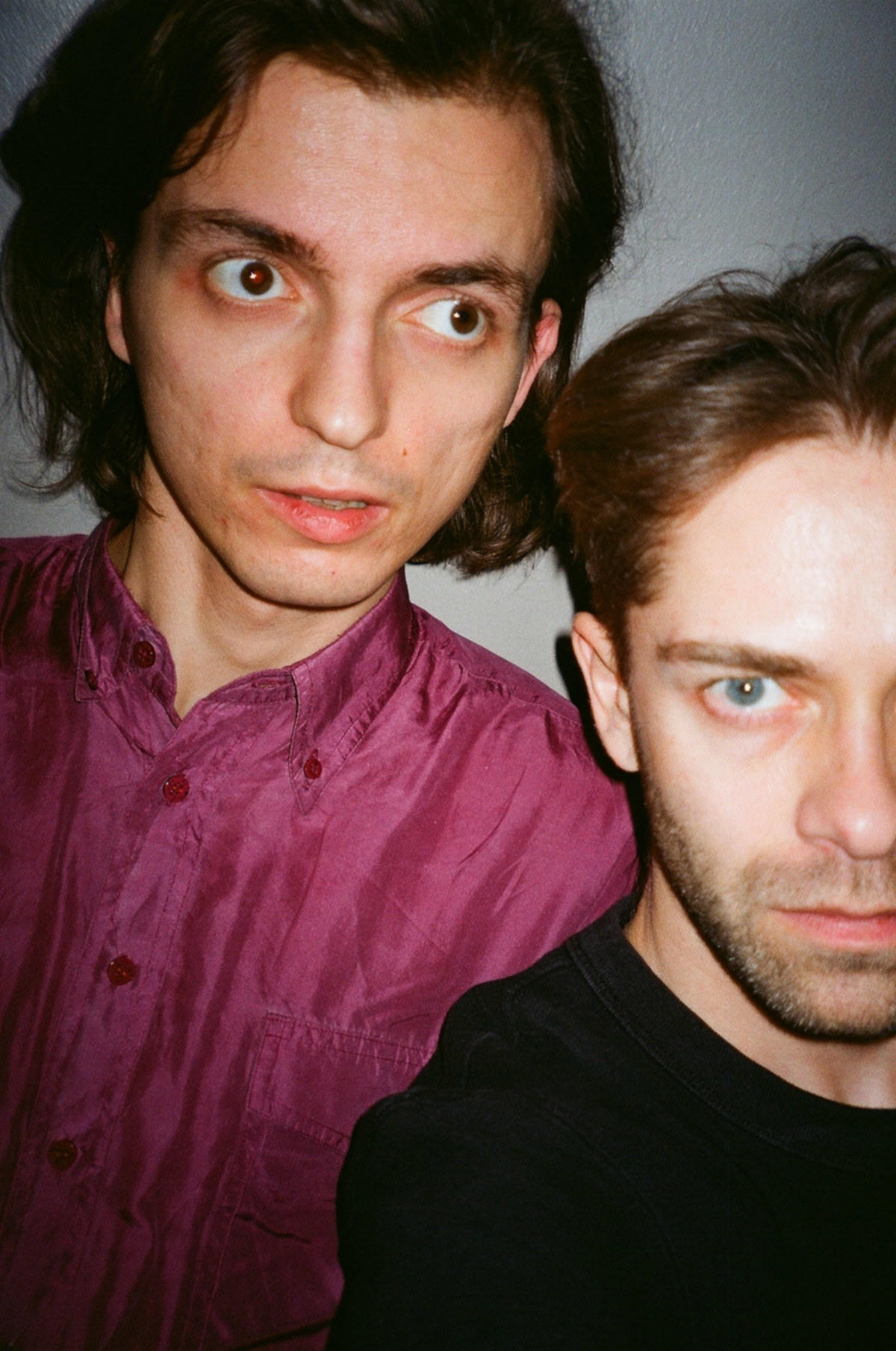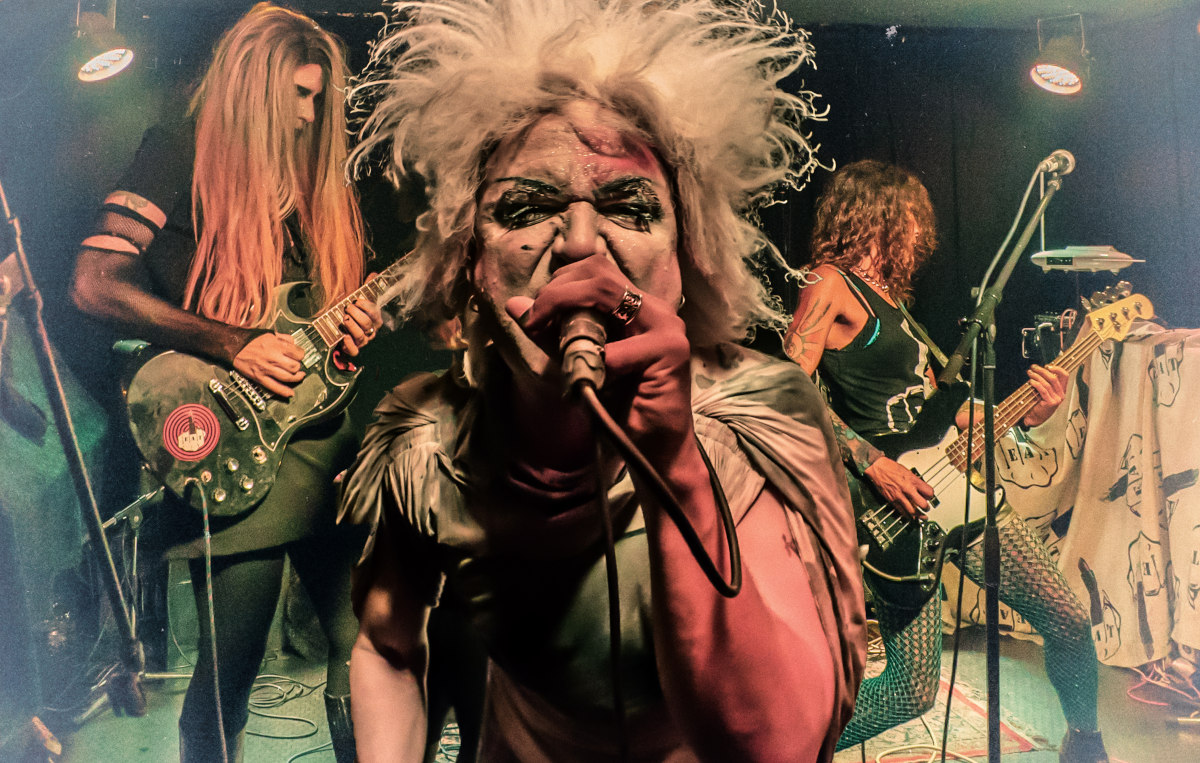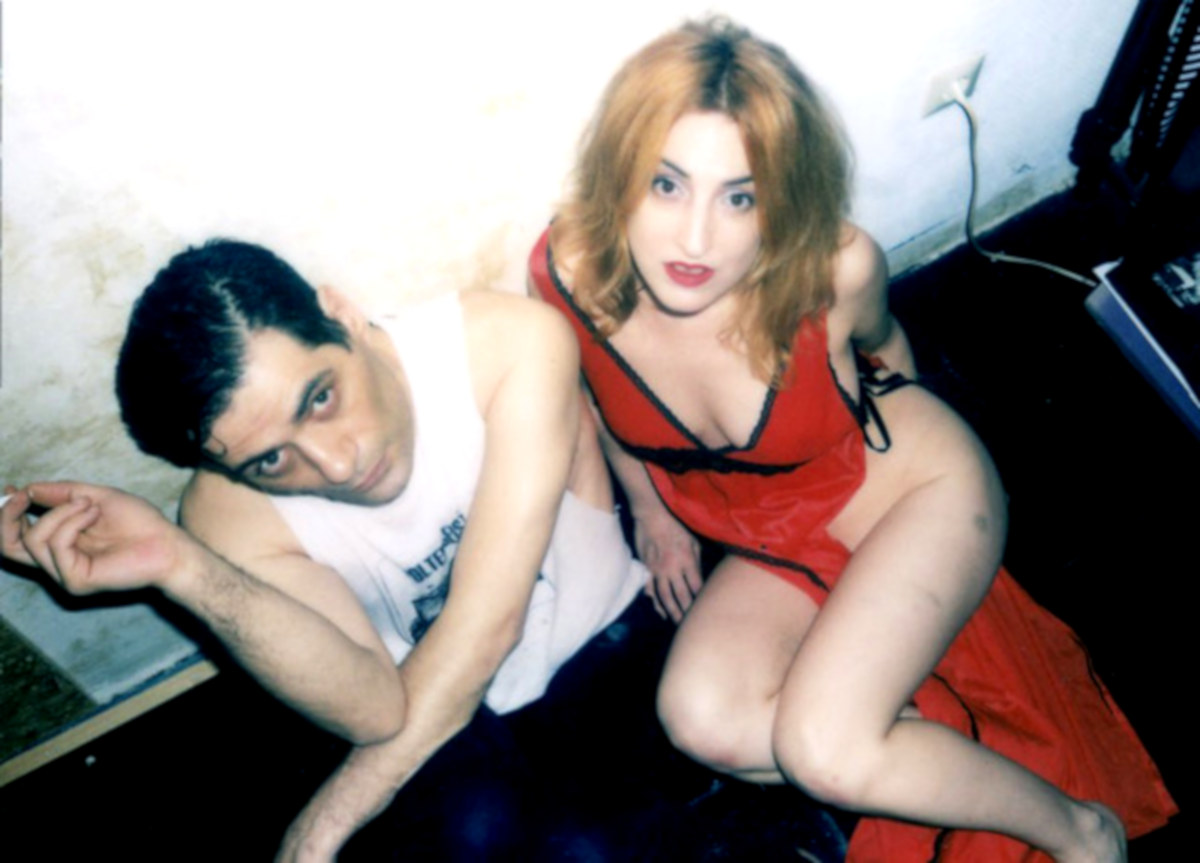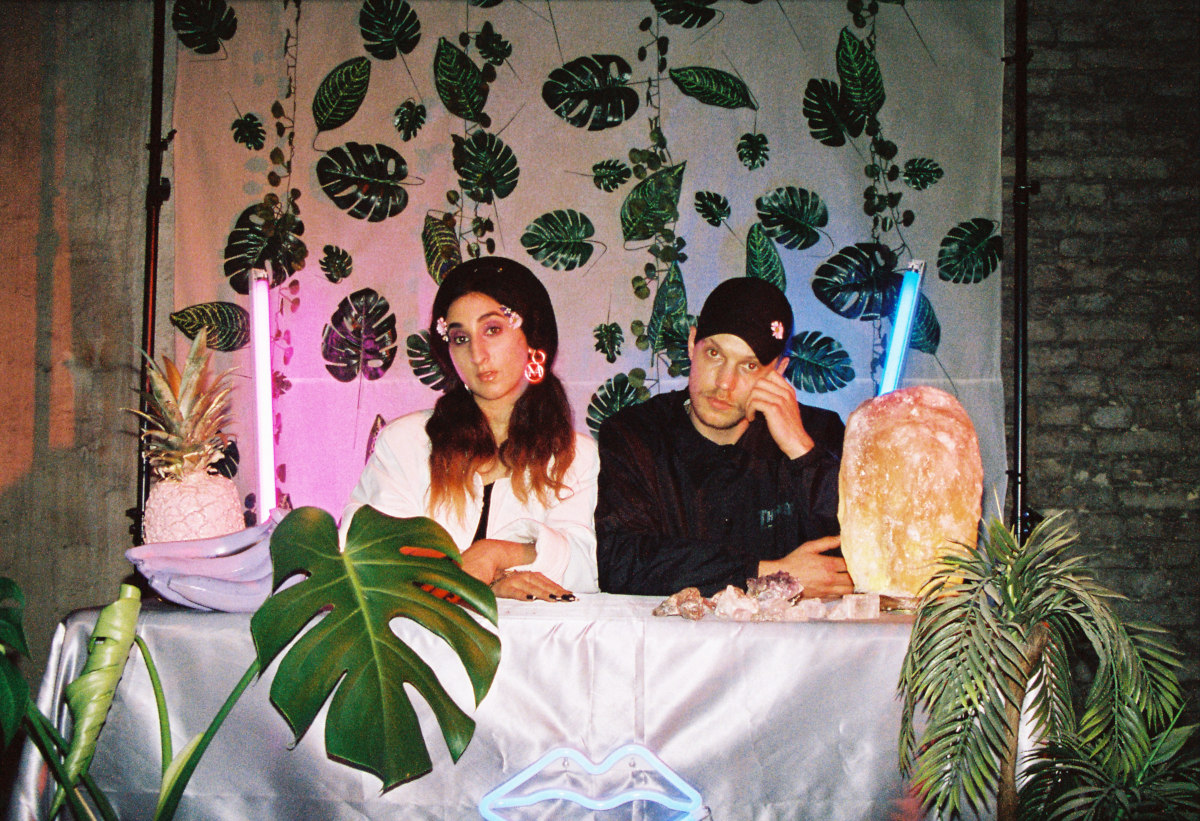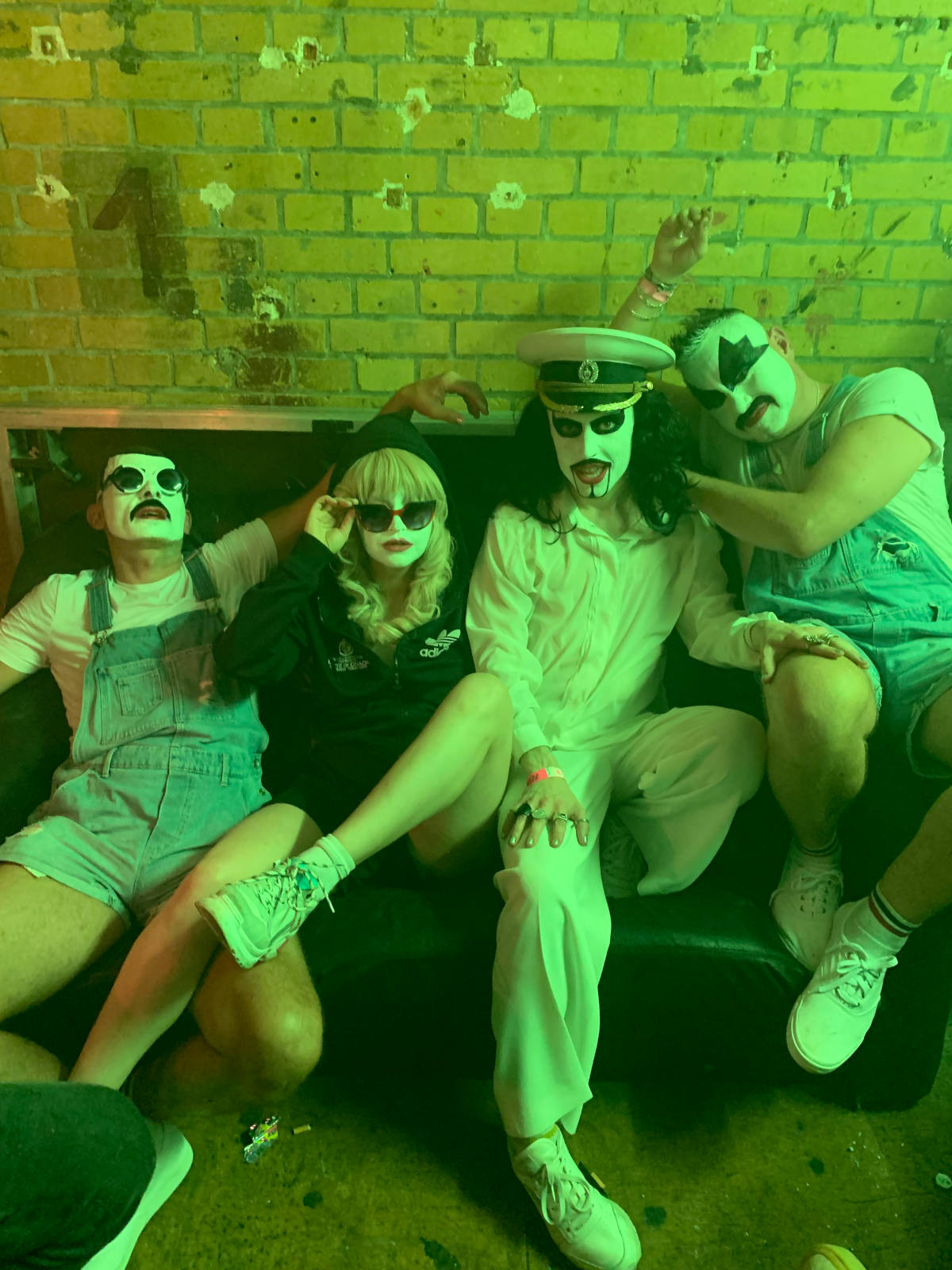With our interview series »10 Questions With…,« we would like to introduce you to a number of bands and artists from this year’s Pop-Kultur programme who definitely deserve a place in your playlists and hearts. After SADO OPERA, MADANII & LLUCID, Mueran Humanos, Eat Lipstick, Super Besse, 24/7 Diva Heaven and Theodora, Eden Derso is up next.
- 2Pac is one of your key influences, a poster of him can even be seen in your latest music video. How did you get to know his music and what makes him so important for you?
Actually, that’s A$AP Rocky AKA bae! Growing up in my neighbourhood, it was impossible to ignore all the graffiti celebrating Tupac’s name, his music was blasting loudly through the streets long after his passing, and we even gave his name as a nickname to the rawest people on the block. I think he just provided us with an example on how to be brutally honest and stand up for yourself. In Israel there is a prejudice that the Ethiopian elderly are nice and weak and that our youngsters are a threat to everyone, so they are being racially discriminated against. Tupac made me believe that if I speak my truth loudly enough, there would be no room for prejudice and speculations about my character and my goals.
- You’ve once said that you were Israel’s youngest rapper. When did you start rhyming?
I used to only sing, but every girl in my city was singing at that time, so I started writing songs when I turned eight years old. I started rhyming when I was about eleven or twelve years old, back when Lil’ Wayne was like a messiah for me – he still is – and my brothers were crazy about him, too; his style of rhyming, his wordplay and even his voice were the main reasons why I had to try to write and find my own inner Weezy.
- You rap and sing in Hebrew. What does it mean to you to use that language as opposed to English, in which you have been writing before?
I started thinking about the same thing this year, and it hit me that I always wanted to rap in English because I wanted to get out of here. I felt like in Israel my talent would be overlooked because there was no Ethiopian pop star, no celebration of our culture like I used to see for Black culture in North America. The minute my confidence and talent started to grow, I felt like I could be that one Ethiopian star who would make others want to shine, someone who celebrates our culture. I write in Hebrew so freely today, using my own slang and not apologising for it. I also have a lot of fun writing in Spanish. Languages are fun as long as you’re really sure what you want to say.
- The Israeli rapper Ravid Plotnik was instrumental in showing you the potential of using the Hebrew language in rap music. What made his lyrics so special to you?
Ravid was the first rapper I heard who had his own slang that was actually cool, and not overdoing it. He had a genuine energy, and a lot of respect for the city he came from.
In Israel, the city that is most mentioned in hip hop bars is Tel Aviv, so it was refreshing to see that someone decided that his city is the actual capital of rap. I wanna do that for Rehovot, for Kiryat Moshe.
- You’ve been vocal about how male-dominated your regional scene is. What are good up and coming female rappers from Israel that should be on our radar?
Honestly it’s the same female rapper names since I started making music: Sima Noon, Echo and I. I hope that this year we’ll see some younger girls with beastly skills. I am really interested in what this generation has to say, I think there are voices no-one really knows yet because this young generation got really good at hiding their real intentions behind social media. I wish that COVID-19 will give us new rappers that are being discovered during quarantine.
- Your debut album was called »Keter Shakuf,« which translates to »transparent crown.« What does that title mean?
The title »Keter Shakuf« means so much to me. I’ll choose to go with the main meaning, which is a wake-up call to me and all my ladies. It’s Malcolm X who said the most disrespected, unprotected and neglected person in North America is the Black woman, and that was said many years ago and in a different country, so it’s crazy to me that it’s still relevant to this day. I don’t want anyone to protect us; I want to change their vision of us by glorifying my skin, my sisters. We need to first change the way they made us look at ourselves and then change our lives and opportunities. Queens need to be treated like queens.
- What characterises your working process with DJ Mesh?
DJ Mesh and my working process is mostly super fast and intimate, we became very close friends despite the age difference. It was a first for me to spend so much time in a studio on one project, but Mesh’s company and the lessons he taught me throughout our journey were so igniting, I just wanted to stick around and learn from one of Tel Aviv’s hip hop G.O.A.T.s.
- The two of you have been busy producing your new album. What can you already tell us about it?
This new album is gonna be a collaboration with many different producers like on the song »Tamid,« which was produced by CohenBeats, or »Hakul Huz Me Halev,« which was produced by Hefner. I feel like my voice is different, it was a lot more angry; I believe that’s because I wanted to prove myself and there’s nothing wrong with that. But I’m now 22 going on 23 and I feel like I want to state my mind in this time and place. I wanted the album to be a collection of the thoughts of a young Black woman from this generation of Ethiopian Jews born in Israel. I feel like we are a much sassier and confident and I’d love to provide the anthems for those in our society and everywhere else who feel the same.
- And what can we expect from your Pop-Kultur project this year?
What you can expect from my Pop-Kultur project is power, eternal power. Nothing is more powerful than stating that you’re not leaving and instead fight to stay. The ongoing war between my country’s government and the public during the pandemic makes everyone desperate, everyone is very desperate to find work and a lot of people had to close their businesses because of financial problems. But my musician friends never even think about stopping even if they are struggling while creating and releasing music. Despite having money problems they still scream; they are here to stay and not giving up. Art can’t be stopped or controlled by money or a government that doesn’t see the need for this art to be funded. This is also why I chose the song »Tamid« for this project.
- What do you wish for the future of this world?
I wish for this world to acknowledge every being, treat them patiently and stop giving power to people who shouldn’t and can’t handle it wisely. And I really hope our future is healthier.
